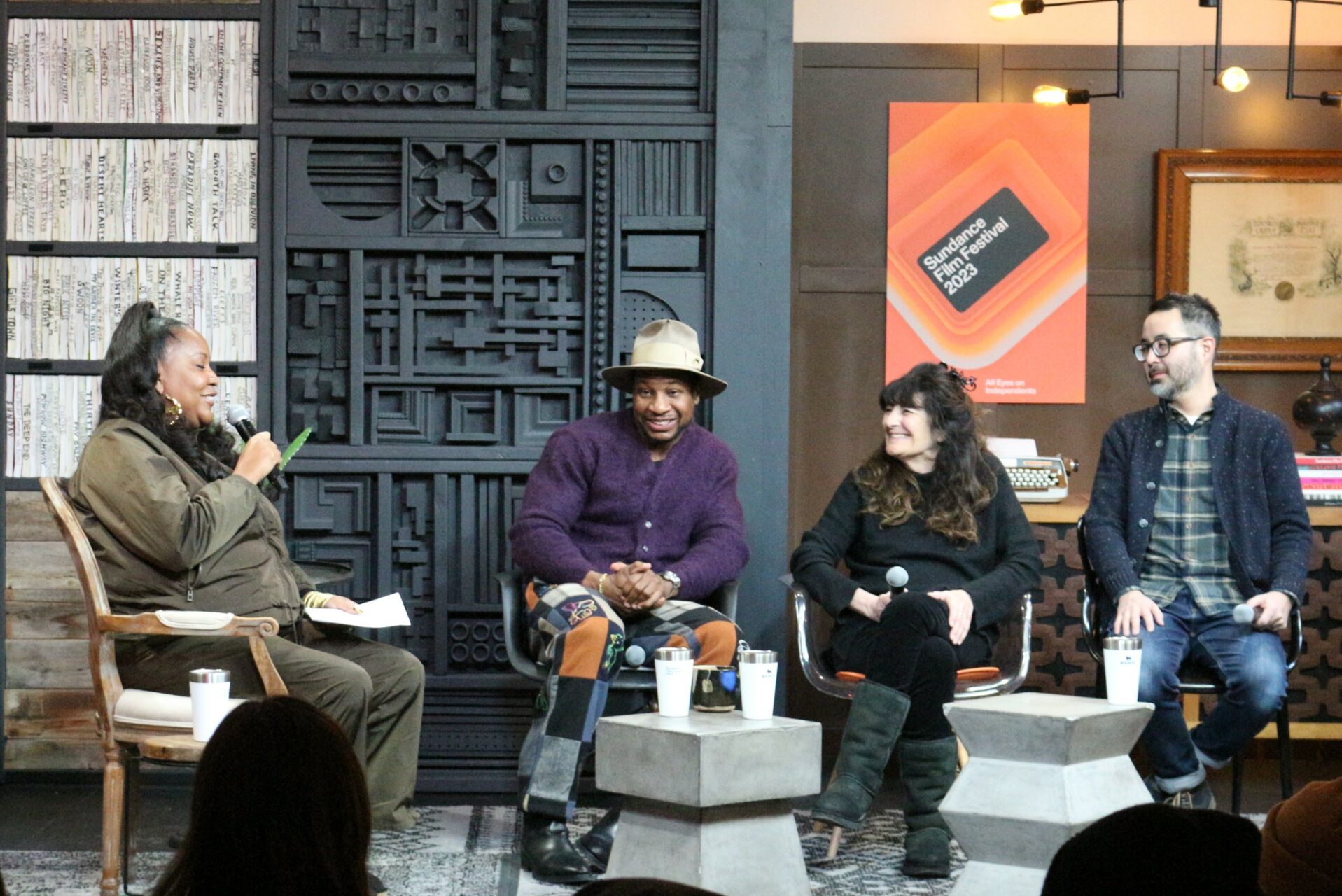
TA Sundance film festival seminar on Jan. 21 featured three filmmakers discussing how they avoid burnout and encourage their creativity.
The seminar, held in Park City, Utah, featured Jonathan Majors, Ruth Reichl and Adrian Tomine and was led by Tricia Hersey.
A competitive culture
Tomine, a cartoonist that submits his work to New Yorker magazine, said his career of being a professional cartoonist was one of his dreams that eventually became a “hamster wheel.” He said the culture of constantly churning out content started to make him lose sight of why he started.
Majors, an actor and director, said there are three symptoms that come with burnout: (1) lack of passion, (2) a lack of accountability and a (3) lack of responsibility.
Reichl, a chef, writer and editor, said the culture focuses too much on individualism and competition with one another. She described her time living communally with several different families, and said she bases her lifestyle on seeing that “their time meant more to them than money.”

A Rested World
Hersey asked the panelists what they thought the world would look like if it rested. Tomine said during the lockdowns of 2020, he began drawing for himself, something he’d “lost sight of over the last 20 years.”
Majors said a rested world would be a world that worked together. “If you want to go fast, you go by yourself,” he said, “but if you want to go far, you go with others.”

Solutions
Hersey said she says no 90% of the opportunities that come to her, but that it can be difficult to say no to things. She also said it was important to take time and find moments of “resetting.”
Majors said that staying grounded is important, and that without grounding time, he becomes like a machine, who can’t think, can’t feel and can’t make a movie.
Reichl said that it was important to be kind to oneself. She spent a year beating herself up over a mistake that she made, but in the end, the failure had a real value. She said it is important to “give yourself grace” while working through imperfections.
Tomine said no filmmaker had a “perfect career.” He invited the audience to go watch interviews with actors and directors, and said professional filmmakers usually express their disappointment in something they did.
Impact on the rising generation
University of Wisconsin-Madison junior Jared Rosenthal, co-founder of the Madison Film Festival, said as people rise in the arts industry, they tend to forget about their own health and prioritize work first.
BYU junior Britt Baird said when she was too overwhelmed from burn out, she ate “whatever food (was) easiest and fastest — which is likely not the most nutritious option.”
Baird said her mind was so focused on school work that she lost sight of the person doing that school work in the first place.
Hersey said the idea of perfectionism is a lie. “It doesn’t exist,” he said. Reichl added that “Perfectionism is an ego trip. Get over it.” They both agreed that people should stop trying to reach something that doesn’t exist.




